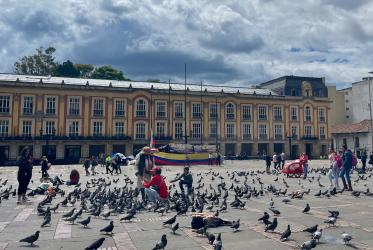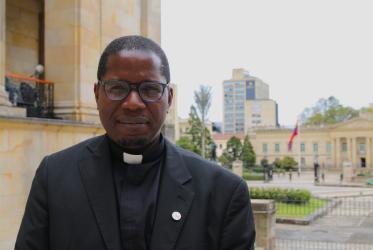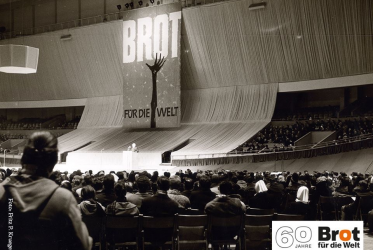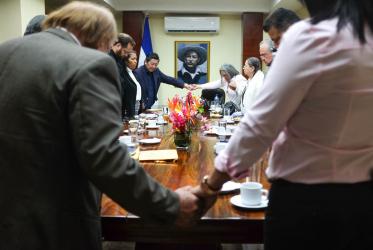Displaying 1 - 20 of 34
WCC pays tribute to ecumenist pioneer
08 May 2019
#WCC70: Nathan Söderblom, ecumenical pioneer
29 August 2018
Broken glass of hope grown out of rubble
16 July 2018
WCC delegation visits Conference of Latin American Bishops
08 February 2018
Trying to do good for the world
18 December 2017













